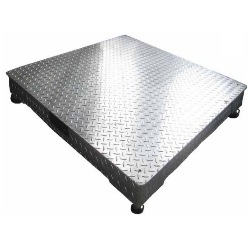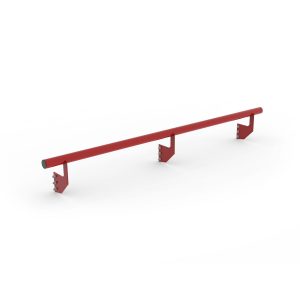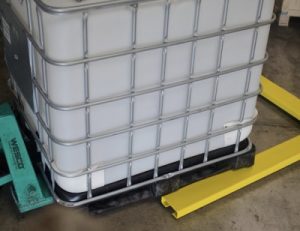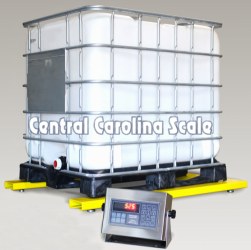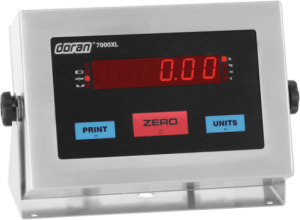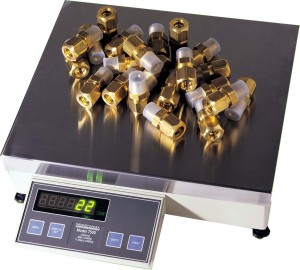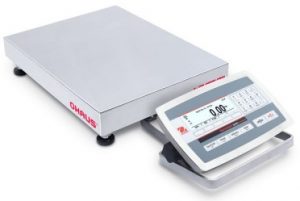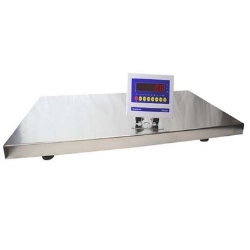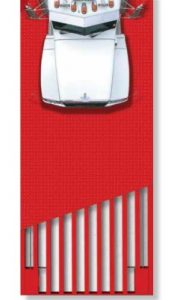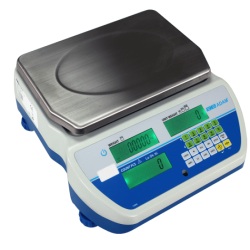Accuracy is Important
Commercial fishing is considered one of the most dangerous occupations, where normal working conditions include storms, fog, wind and tumultuous waters.
Not only do the fishermen themselves need to withstand these harsh environments, they also need equipment fit for severe working conditions.
Rice Lake delivers robust weighing equipment such as crane scales, floor scales, indicators and scale controllers and checkweighers to make the commercial fishing weighing process fast, easy, and more profitable for the commercial fishing industry.
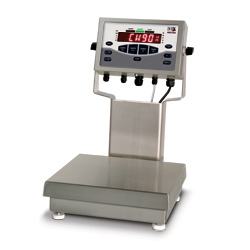
With multiple transactions occurring between vessels, tender boats and production facilities, accuracy is key. Rice Lake’s commercial fishing weight scales are designed to address the vigorous needs of the commercial fishing industry.
At the heart of the fishing operation are the MSI crane scales. Featuring marine grade, 356 alloy, anodized cast aluminum enclosures, both the MSI-4300 and MSI-9300 are ideal choices for medium to heavy capacity crane scale applications. Transfer fish from the fishing vessel to the tender boat’s cargo hold, even in harsh sea conditions.
The MSI-4260M Port-a-Weigh crane scale is the most robust scale on the market for marine and industrial weighing, able to capture weight with ± 0.1% accuracy with a standard 5000 lb capacity and designed with dockside weighing in mind.
An IP66 aluminum enclosure stands up to moisture in marine and washdown environments. Sensitive electronic components are sealed off and well-protected, including the MSI-4260M’s sleek and vibrant LCD display. Featuring programmable brightness control, the display ensures users have access to the weight data they need, in any light condition.
In highly regulated marine applications, meeting safety requirements is crucial. The NTEP-Certified MSI-4260M features a 200% Safe and 500% Ultimate Safety Factor, minimizing the risk of accidents from overloading. The MSI-4260M is built to perform reliably for every catch with extended battery life up to 1,000 hours. A brightly lit battery display indicates when the unit is at 25%, 50%, 75% and full power. Timed auto-off and auto-sleep modes conserve power when the unit is not in use, meaning users are never surprised by a dead battery.
On the tender boat, use the Rice Lake 920i® FlexWeigh to fill storage containers to a precise weight on demand. The 920i FlexWeigh can tare any freestanding container, start a fill on command and stop at a desired value. Stainless steel, NEMA Type 4X enclosures and rugged, customizable operation switches deliver industrial strength and dependability, day after day and year after year.
After fish are transferred from the tender boat to the fish processing facility, Rice Lake’s CW-90X checkweigher will help error-proof the production process with simple, easy-to-read over/under lights. The extra-strength keypad withstands sharp knife-point contacts as well as contaminants and liquids, making this checkweigher ideal for wet and dirty seafood processing plants.
The RoughDeck® HE hostile environment stainless steel floor scale is specifically designed for corrosion resistance and long life in demanding washdown applications. Use the RoughDeck to weigh large storage containers as they move throughout the processing plant. Pair it with Rice Lake’s 480 Legend™ Series digital weight indicator, featuring a NEMA Type 4X, stainless steel enclosure and advanced gasket system, to achieve a complete environmentally tough weighing solution.
Even after fish have been caught, transferred and processed, Rice Lake’s products can meet the needs of busy fish markets. For expensive product, accuracy down to the gram is essential. Equipped with a unique Mono-Metal Tuning Fork (MMTF) sensor, Rice Lake’s TP Series balance brings remarkable response time and exceptional stability to any setting. Its compact design is ideal for limited spaces and crowded fish markets.
From the ocean to the processing facility and on to a local market or grocery store, we have a wide variety of scales suited for the robust yet precise needs of the commercial fishing industry.

